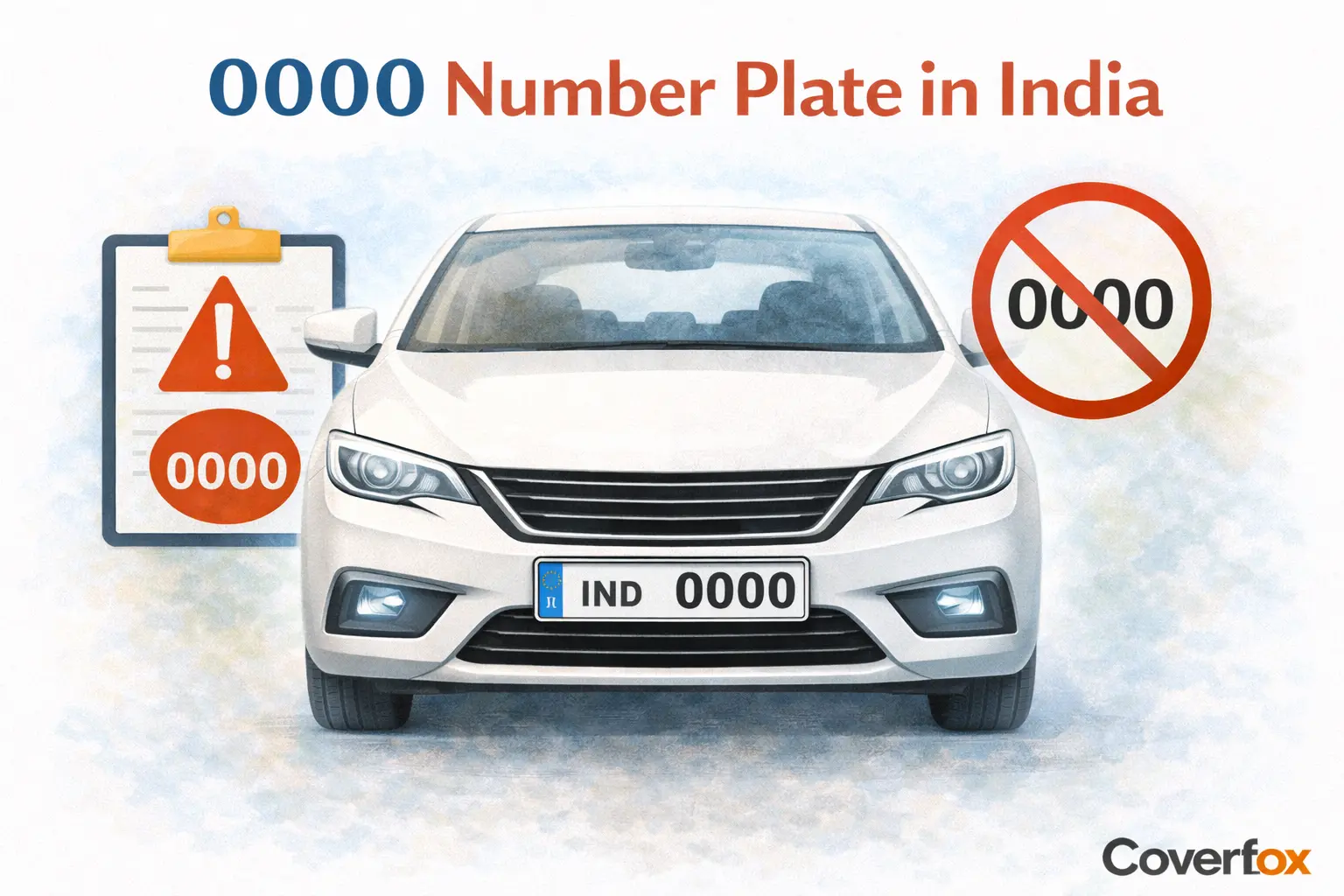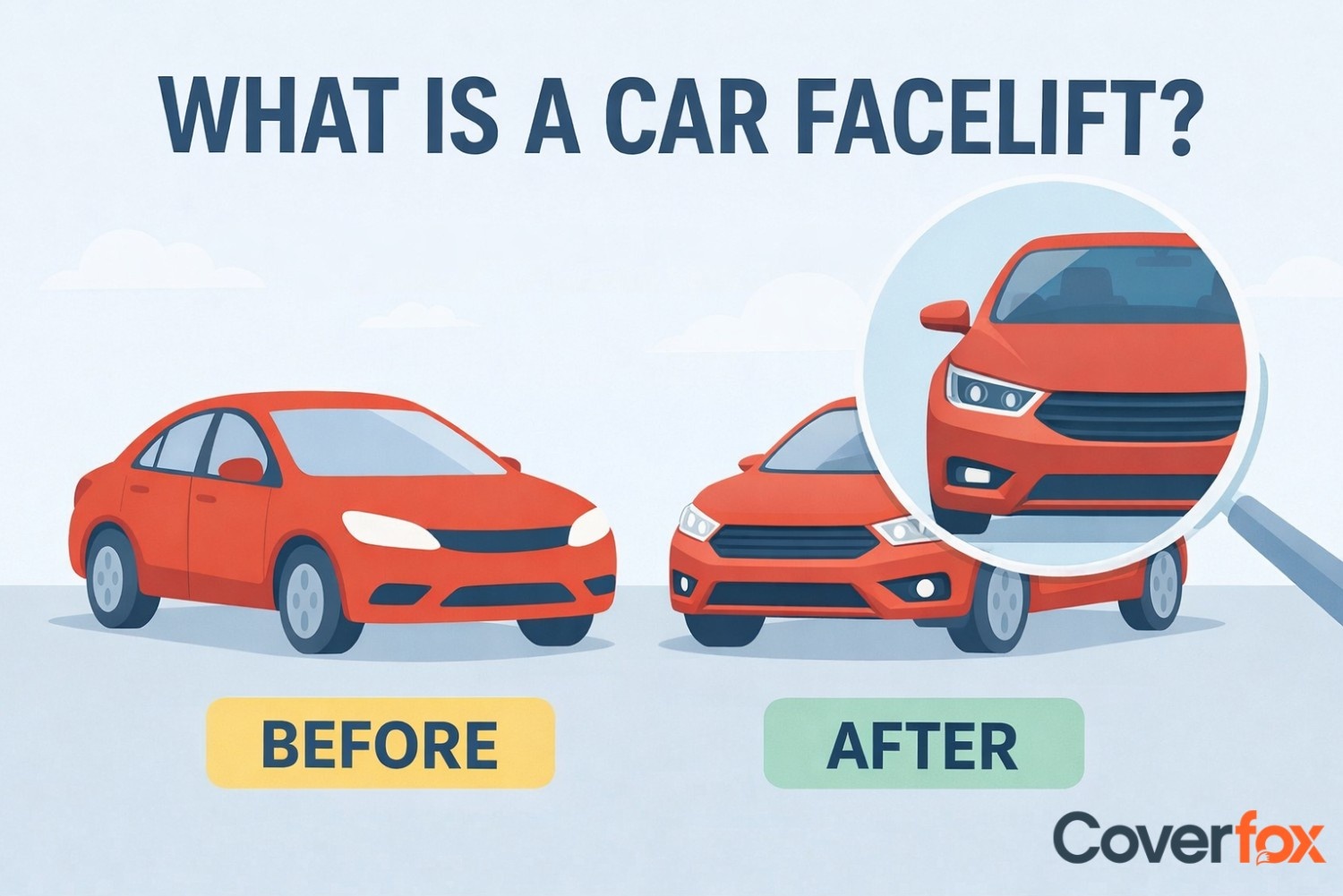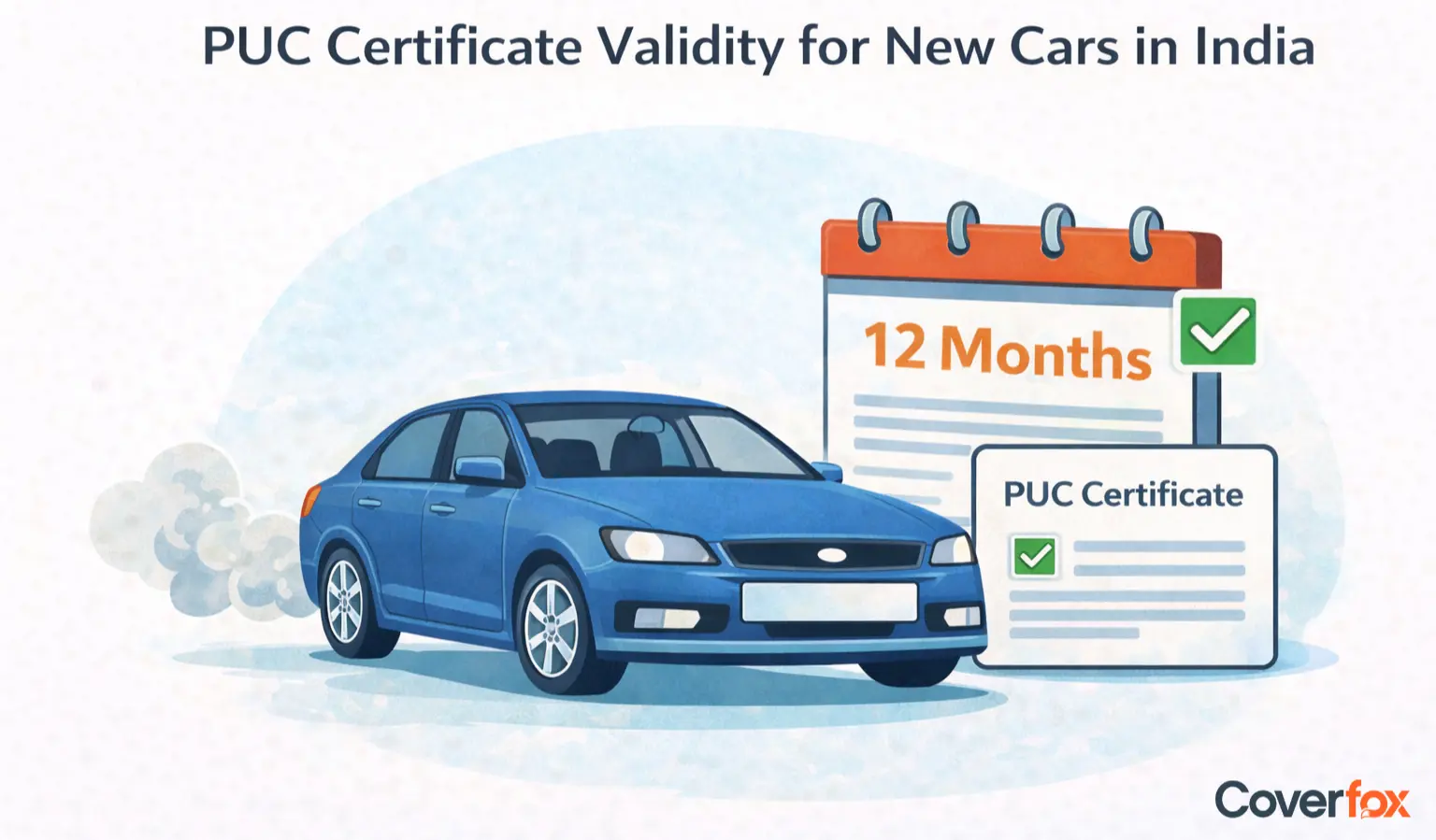As per the new KYC mandate, all the general insurers are compulsorily required to collect KYC documents from the customers at the time of issuing the policy.

The insurance industry is going through a regulatory update to ensure transparency and a smoother onboarding process. The recent changes in the KYC norms for general insurance companies are expected to bring some positive changes. As per the new KYC mandate, all the general insurers are compulsorily required to collect KYC documents from the customers at the time of issuing the policy. Earlier, it was not compulsory and KYC was required only at the time of making a claim.
Let us discuss different types of KYC processes in car insurance as per the new regulations.
What is KYC in Car Insurance?
KYC or Know Your Customer is a verification process in which the insurer authenticates a customer’s identity and address information before any financial transaction such as opening a bank out, digital money transfer, or purchasing insurance. To establish a customer’s identity and address, the insurer needs supporting documents including a PAN card, an Aadhaar Card, a photo ID, and proof of address. A periodic KYC update ensures that a customer is genuine and prevents money laundering.
In this verification process, the first step is the collection of the personal information of the customer. The customer fills out a KYC registration form and validates the information provided by attaching supporting documents. Finally, the information in the documents is verified to confirm the identity of the customer.
KYC Requirements for Individuals in Car Insurance
Here are the KYC norms set by IRDAi for individuals in car insurance:
- Insurance companies must make all reasonable efforts to verify the true identity of their customers to avoid issuing policies under fictitious or anonymous names.
- Insurers are required to establish effective identification procedures for both new and existing customers.
- During onboarding, individuals must submit the required documents.
- For existing policyholders, insurers may conduct KYC based on the adequacy of previously collected data and only request updates if necessary.
- If a customer provides an address that differs from their Aadhaar-linked address, a self-declaration for the new address is permitted.
- In cases where Aadhaar verification is not possible (due to age, illness, or other limitations), customers may provide other officially valid documents as acceptable alternatives for KYC compliance.
KYC Requirements for Judicial Entities and Persons in Car Insurance
Here are the KYC requirements for Judicial entities and persons in car insurance:
- Insurance companies must take all reasonable steps to identify judicial entities or legal persons, including their beneficial owners.
- Insurers are responsible for verifying the legal status of such entities through valid documentation.
- The KYC process should include verification of the following key details:
Name, legal structure, and proof of existence of the entity Regulatory framework or powers under which the entity operates Registered address of the entity or legal person Names and identities of authorised individuals acting on behalf of the entity Identification of beneficial owners associated with the entity
What are the documents required for KYC?
Documents used for the identity verification of customers are called Officially Valid Documents (OVDs). The government has specified 6 documents as OVDs which can be used for the KYC procedure. The table given below enlists documents needed for KYC.
Identity Proof
- Unique Identification Number (UID) - Aadhaar Card/Voter Id Card/ Driving licence/ Passport
- PAN Card
- ID Card issued by government authorities, financial institutions, universities, or any other professional entity
Address Proof
- Voter Id Card/ Passport /Rental agreement / Ration Card / House maintenance bill / Driving licence / Insurance copy
- Utility bills including phone bills, gas bills, electricity bills, etc.
- Bank account statement
- Self-declaration by the judges of High Court / Supreme Court
- Proof of residence issued by gazetted officer/ Notary / Parliament and government departments / Legislative Assembly elected representative.
What are the different Types of KYC Processes Approved by IRDAI
- Voter Id Card/ Passport /Rental agreement / Ration Card / House maintenance bill / Driving licence / Insurance copy
- Utility bills including phone bills, gas bills, electricity bills, etc.
- Bank account statement
- Self-declaration by the judges of High Court / Supreme Court
- Proof of residence issued by gazetted officer/ Notary / Parliament and government departments / Legislative Assembly elected representative.
What are the different Types of KYC Processes Approved by IRDAI
IRDAI has approved different types of KYC processes for customer identification? They include
-
Aadhaar-based e-KYC
This method enables customers to complete the KYC process using their Aadhaar card. The individual provides their Aadhaar number along with biometric authentication (such as a fingerprint or iris scan) to validate their identity. Once successfully verified through the UIDAI (Unique Identification Authority of India) database, the insurer considers the KYC process complete.
-
Paper-Based KYC
It is an in-person form of verification, in which the customer provides physical copies of the documents required for KYC such as proof of identity and proof of address. It is an effective method as the customer is present physically for identity confirmation and there is less scope for errors. However, this method is old and a customer can easily forge documents if proper verification is not done. It is also time-consuming.
-
Offline KYC
Offline KYC is often confused with physical KYC but they are different. In offline KYC, a database is used to verify the customer’s identity without using any biometrics. The customer fills out a KYC form and attaches relevant documents. This form is submitted to a KRA (KYC Registration Agency) which issues an application number that can be used to check KYC status. KRA uploads the customer’s details to its system which can be accessed by insurers.
-
Online KYC
For online KYC, the customer registers at the portal of the KRA and submits details like name, address, and date of birth with an Aadhaar number and registered contact number. All the documents are verified by entering the OTP received on the registered number. The customer then uploads a self-attested copy of the e-Aadhaar and accepts the declaration for e-KYC. Online KYC is also done using biometric authentication.
-
Video KYC
This is a completely paperless digital process in which the customer’s presence is also not required. The customer submits all the required documents and performs a video verification through a web portal or web app. Video verification can be easily done using a mobile phone. This process is the fastest KYC process and enables smooth customer onboarding.
PAN-based KYC
- Their PAN details
- A self-attested copy of the PAN card as proof of identity
- Voter ID card
- Utility bills (such as electricity, water, or telephone bills)
- Registered rent agreement or any other officially valid document
-
OTP-based e-KYC
An OTP is sent to the mobile number registered with Aadhaar. The customer must enter this OTP into the digital KYC form to verify their identity. Once the OTP is successfully validated, the insurer can access and verify the customer’s basic identity and address details directly from the UIDAI database. This method is widely used for digital insurance purchases and is approved by IRDAI as a valid and secure form of e-KYC.
This method allows customers to complete their KYC using their Permanent Account Number (PAN) as the primary document for identity verification.
The customer must provide:
Alongside the PAN card, the customer is also required to submit valid proof of address, which can include: Passport
How Will the New Regulations Impact Insurers and Policyholders
While the new KYC rules will positively impact both insurers and policyholders, it has made the insurance infrastructure stricter. Here its impact:
Impact on Insurers
Stricter KYC norms will reshape operational, compliance, and risk frameworks for insurers.
Stricter Compliance Obligations
Operational Adjustments
Improved Risk Management
Long-Term Cost Efficiency
Insurers must establish stronger KYC processes to verify the identity of all policyholders before issuing a policy, increasing the need for robust documentation and verification systems.
Insurance companies will need to train staff and update digital infrastructure to accommodate Aadhaar-based, PAN-based, and OTP-based KYC methods.
Proper KYC verification helps reduce fraudulent claims and anonymous or fictitious policyholders, enhancing trust and regulatory compliance.
Though initial implementation may require investments, digitised KYC processes reduce manual errors and streamline policy issuance over time.
Impact on Policyholders
Enhanced KYC requirements improve transparency and convenience for policyholders during purchase and renewal.
Mandatory KYC for New Policies
Simplified Digital Onboarding
Increased Transparency
Renewal Convenience
From January 1, 2023, submitting valid KYC documents is mandatory for purchasing new car insurance policies, even for digital channels.
With options like OTP-based e-KYC and Aadhaar authentication, policyholders can complete the verification process more quickly and conveniently.
KYC norms promote better awareness and documentation among policyholders, leading to fewer disputes during claims or renewals.
KYC is generally not required for renewals, unless there’s a change in customer details, making the process smoother for existing policyholders.
Conclusion
The revised KYC norms will help the insurers in fetching a detailed customer profile resulting in better risk evaluation. It will also ease the claim process, as the KYC documents will be available before the claim process thus preventing any fraudulent claims. It will also help the insurers in providing better customer service.
Explore More:
Understanding the Different Types of Car Insurance in India
Is high IDV better in car insurance?
Is everything covered under bumper to bumper insurance?
Frequently Asked Questions
What is the process of KYC in car insurance?
At the time of buying car insurance, the policyholder must provide all his KYC details like his name, identity, address, etc to the insurer through KYC valid documents.
Will I be able to renew my car insurance without KYC?
No, every new car insurance policy will require KYC. Unless you have done it already, you will need to have your KYC done.
Why do I need to complete KYC for my motor insurance?
It will help ensure security and provide accurate information to the insurer, avoiding fraud and scams.
What happens if I don't complete KYC for my vehicle insurance?
Your vehicle insurance may become invalid or you will struggle during claims.


 in Cars.webp)


